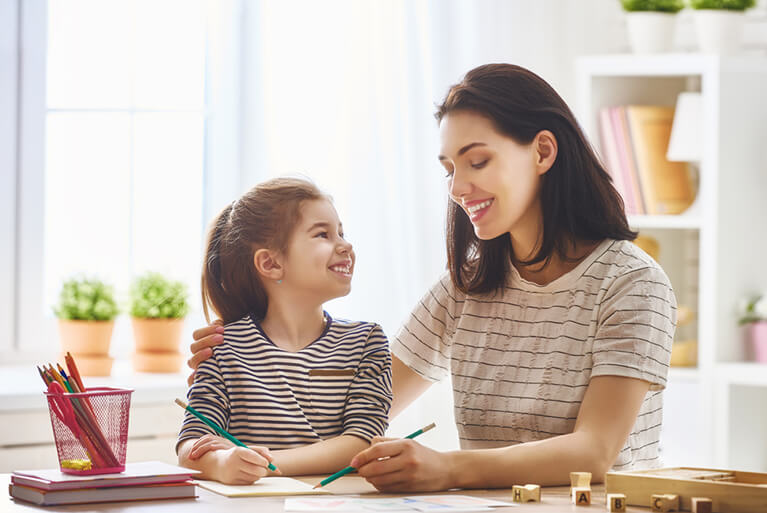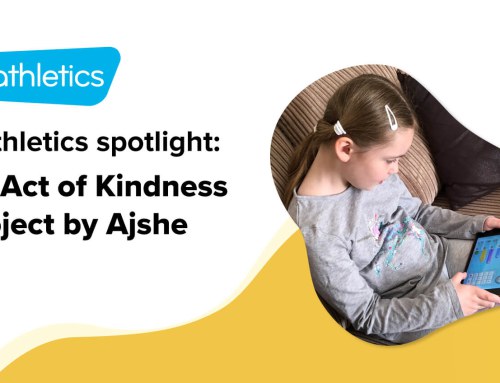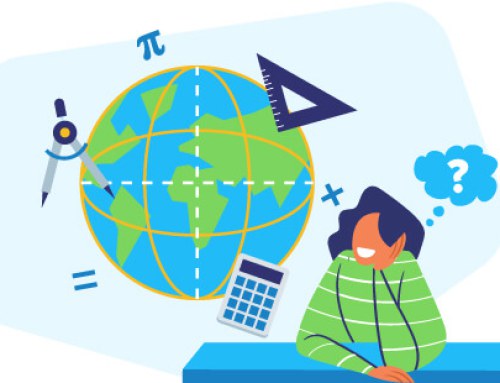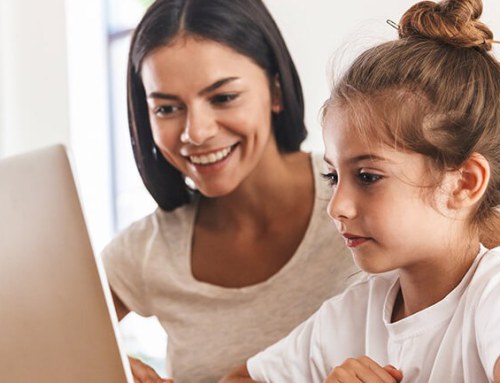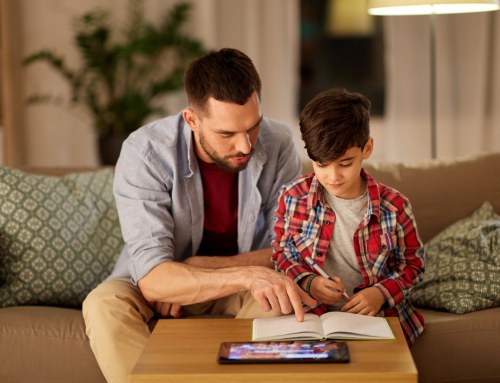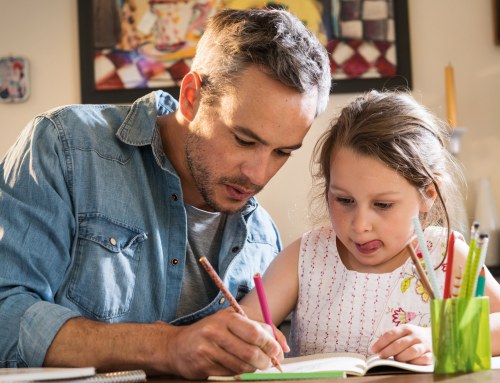Being a parent is never easy, but adding the role of ‘teacher’ into the mix? That’s a whole other level of difficulty.
If you’re like most parents, you don’t have classroom experience or teaching strategies that allow you to suddenly coordinate learning at the dining room table. You can’t become a teacher overnight.
But you don’t have to. The home activities that you already do are full of learning potential for your child. All you need to do is encourage them to get involved.
Here are five engaging home activities that double as powerful learning experiences. They’ll give your child invaluable understandings and life skills, and you’ll both benefit from fun bonding time in the process.
Cooking together
Cooking ticks all the boxes of a meaningful learning experience; it’s fun, hands on and produces a tangible (and edible) reward.
It is also one of the most valuable life skills you can give your child. They’ll develop:
- Independence and self-sufficiency
- A sense of creativity
- An awareness of healthy eating habits
- Mathematical skills such as measurement and ratio
- Communication and collaborative skills as they work at a shared goal
- Hygiene and safety practices.
Here’s how you can transform cooking dinner into a home learning activity:
Let them choose the recipe
This will give your child a sense of ownership over the activity and make the result that much more rewarding.
Get messy
Mess is necessary for your child to learn about shapes, textures and combinations in a hands-on way. You can also involve them in the clean-up process for added learning (see our tips below).
Set aside the time
You’ll want to talk them through each step and give them as much responsibility as possible, and that takes time. Weekends might be best.
Playing board and card games
Games are more than just a fun way to pass the time when you’re stuck indoors. Playing a board game also develops your child’s:
- Mental agility
- Ability to follow rules and instructions
- Sportsmanship: being a good winner/loser
- Communication and teamwork
- Problem-solving skills
- Decision making.
Almost any game you can think of has educational value. Here are just a few:
Monopoly
A great introduction to financial literacy. Encourage your child to think carefully about how they spend their money, as opposed to splurging on every property they hit.
Scrabble
An engaging way to develop spelling and vocabulary. Keep a notebook on hand so that your child can write down new words they discover.
Chess
Research has correlated chess with problem solving and mathematical skills in young learners. It’s easy to play online if you don’t have a board.
Card games
Even a quick and simple game of Go Fish exercises memory and pairing skills. Simple card games can also be played with siblings in order to improve communication.
Twister
Twister provides an active break from screen time and develops spatial and physical awareness in the process. Have your child choose and direct some stretches for a warm-up session first.
If you’ve tried all the games above, why not consider online games for your child for a change of pace?
Mathletics offers 100s of hours of engaging activities set in colorful virtual worlds.
Watching movies and reading together
Reading is the most time-tested way of learning at home. Take advantage of the extra time to share in the joys of storytelling together. Here are some tips:
- Make it a routine part of the day. You will set your child up with reading habits that last when they return to school.
- Take turns reading. Let them sound out unfamiliar words and more complex sentences.
- Take the time to discuss the story as you go along. You will encourage them to think more deeply about its ideas.
Movies can also be transformed from entertainment to sources of learning too.
Start a conversation about the ideas in a movie by asking open-ended questions. Some examples:
- Why do you think this character did what they did?
- What did that make you think about?
- What would you have done if you were …?
- What part did you enjoy most and why?
- Which character did you like the most and why?
You can use these questions and discussions as prompts for creative writing activities too. Here are some ideas:
- Take a character from a book/movie and put them into a new setting. What would they be doing?
- Write an alternate ending
- Write a ‘deleted scene’
- Put yourself into the world of the story. What would you do if you were in this world/situation?
Cleaning spaces around the home
Break down the skills involved in sorting out your child’s diabolical wardrobe and you’ll find that it develops:
- Pattern awareness: ordering things in a way that looks consistent and appealing
- Understandings of set and classification: separating tops from bottoms, jackets from shirts etc
- Spatial awareness: folding and packing items so that they fit into a space
- A sense of responsibility and ownership over the space.
Start by sorting a messy area of the house together. It might be a single drawer or the kitchen bench that steadily collects keys, coffee cups and unopened mail. Your child will have to follow instructions and work out what goes where, just as they would with any problem-solving activity at school.
You can then task them with independently sorting out another area of the house. Then, they can use their communication skills by explaining the system they created.
The skills your child develops will be immensely transferable. They’ll apply the same thinking to mathematical word problems, structured writing and visual tasks across all their school subjects.
Related post: Tips for Setting up a Productive Home Learning Space
Saving pocket money
With the temptation of regular shopping removed, now is a great time for your child to learn how to save.
Window shop for items they want online and then help them create a savings plan. It will give them even more to look forward to when shops do reopen.
If your child is older you might even work together on a budget, where they divide up their expenses into categories such as:
- Social outings
- Food and drink
- Birthday presents
- Special purchases
Putting the basics of financial literacy in place while shops are closed means that your child will have all the tools for responsible spending when things do return to normal.
None of these activities require you to swap your role for that of a classroom teacher. They’re things that parents do every single day. Getting your child involved might require a bit more patience and a bit more mess, but that’s fine. The best learning usually does.
Related post: How Parents Can Connect Class To Home Learning In A Meaningful Way


